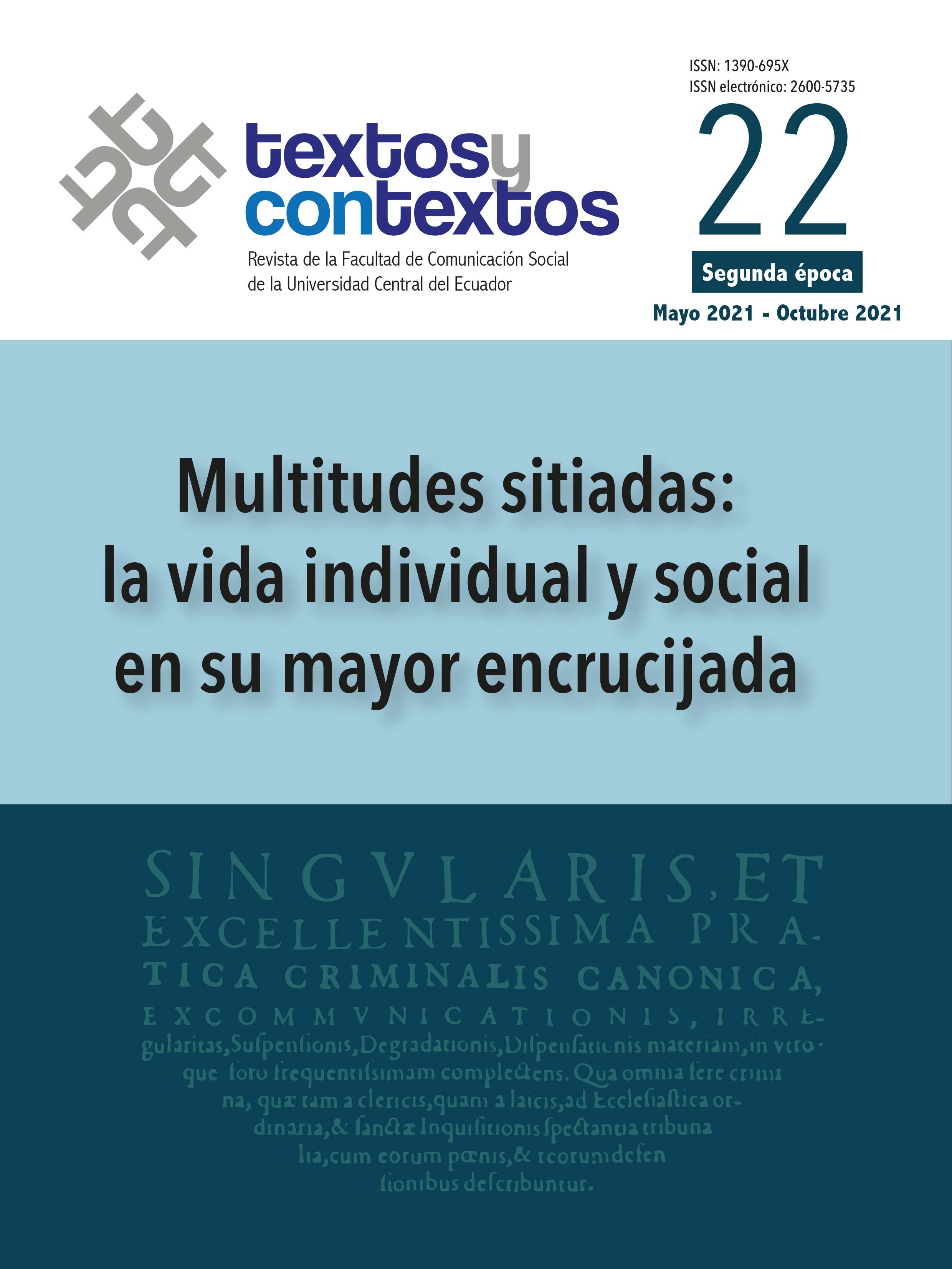Modernization, Estate and Social structures, according to Antonio Gramsci
Main Article Content
Abstract
This work reviews relevant reflections by Antonio Gramsci, referring to the State, the social structure and modernization. With these and other contributions, the Italian freed the philosophy of praxis from the reductionist and economistic stiffening that promoted the politics of the Komitern; above all, for his look at social structures and the processes of construction of hegemony and counter-hegemony, in social relations. Gramsci contributes to the understanding of the role of civil society, in its tensions with the State. In the construction of hegemony, it reviews the role of two institutions (the school and journalism) through which the intellectuals fulfill the functions of adaptation and consensus. On the other hand, when thinking about the State and civil society (organically related), it summons other concepts of its own: historical block, and moral and intellectual reform. Finally, he reviews the concept of modernization of the economy, and in close connection with it, analyzes what he calls passive revolution.
Downloads
Metrics
Article Details

This work is licensed under a Creative Commons Attribution-NonCommercial-NoDerivatives 4.0 International License.




